The LG G3 Review
by Joshua Ho & Anand Lal Shimpi on July 4, 2014 5:00 AM EST- Posted in
- Smartphones
- LG
- Mobile
- Laptops
- G3
Rear Camera Performance
Spatial Resolution
We'll start by measuring the rear facing camera's ability to resolve fine details by shooting at an ISO12233 test target. For now we'll be looking at horizontal and vertical resolution using the sagittal and tangential lines in the upper right of the center of the test chart:
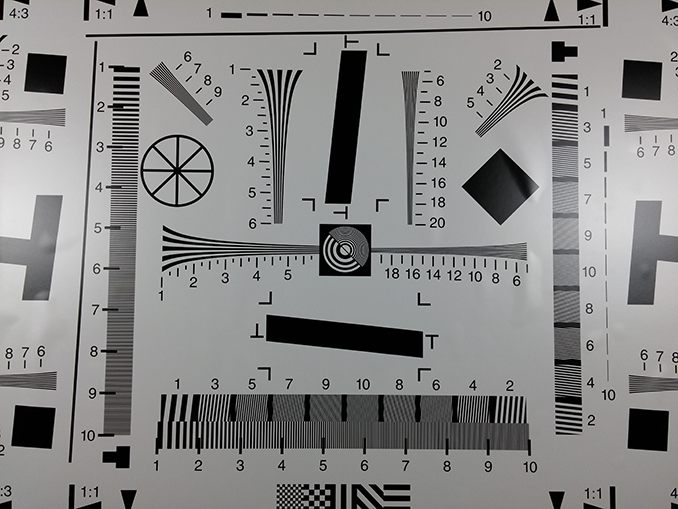
ISO 12233 Test Chart Captured by the LG G3
The gallery below has links to the original chart captures for all of the phones compared in this review:

The G3 does a good job of resolving fine details. The Galaxy S5 is a bit better, but the G3 is much better than its other competitor: the HTC M8. There's not really any improvement here over the G2 thanks to LG's sensor re-use. We do see a bit of difference in LG's white balance at work but in terms of usable resolution, the G3 performs quite similarly to the G2. There are some slight differences in how aliasing appears in the G3's chart but not substantial enough to make a big deal about.
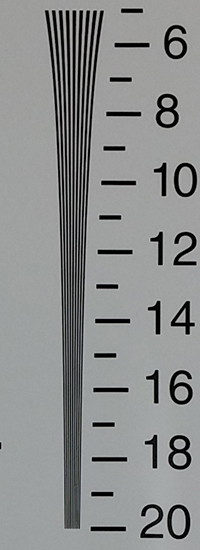
The tangential crops tell a similar story. The G3 doesn't really move the needle compared to the G2, but that's not bad at all. Compared to modern Android flagships, the G3's ability to resolve fine details is quite competitive. I actually wonder if somewhere in the 10 - 13MP range may be the sweet spot, perhaps with slightly larger pixels.
Color Reproduction
LG continues to strike a good balance between vibrant and accurate colors. When properly exposed, the G3's color performance is solid. Grayscale reproduction also looks good. There's a bit more noise than I'd like to see in the swatches but overall the G3 does a good job in this test:
Lab Scenes
In our light controlled lab scene we really see how little has changed between the G2 and G3 cameras. The G2 had a longer capture period at 1/30s compared to 1/40s on the G3, but the results are largely similar. The G2 was a very strong performer, as is the G3.
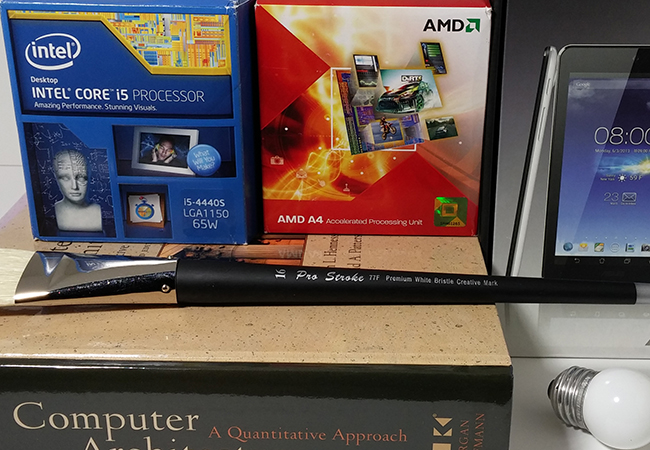
Low light performance was a strength of the G2 due to whatever binning or exposure combining LG did in low light conditions. The G3 continues the trend, although it seems to have a faster shutter speed resulting in a slightly darker scene.
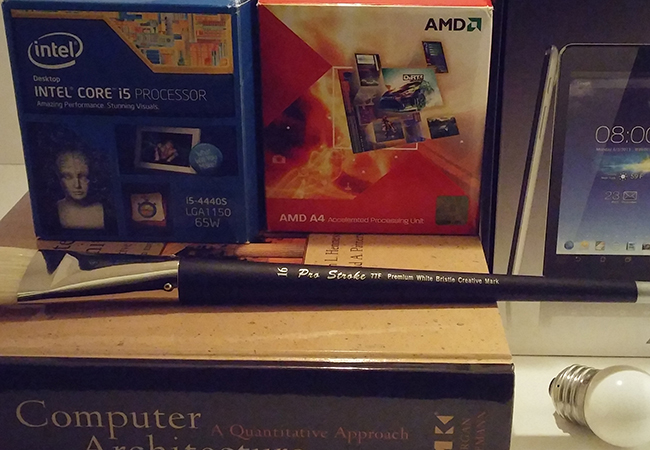
Outdoor Scenes (Night)
Next we transition to some shots on location. First up is the same night shot of a storefront that we used in the Galaxy S 5 review:
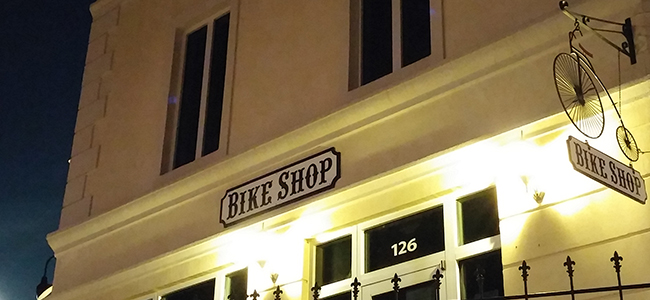
Although the lab scenes looked pretty comparable, on location there are substantial differences between the G2 and G3. The G3 definitely does a better job with white balance and color reproduction.
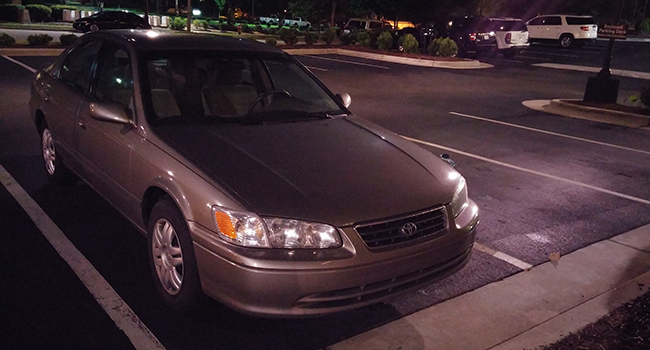
The performance difference is less in favor of the G3 in this shot but overall performance is still better than the Galaxy S5.
Outdoor Scenes (Daylight)
We ran through a new set of locations on the four main Android shooters here. I've pulled out one of the best comparisons below:

The G3's color handling is so much better than on the G2. The latter has more of a blue overcast while the G3's image looks much more natural. The Galaxy S5 by comparison is appreciably sharper (look at the detail in the speed limit sign in the background).
Capture Latency
LG, HTC and Samsung all went to great lengths this generation to reduce focus acquisition latency on their flagships. I believe HTC is partially leveraging its DuoCam sensor as well as a secondary ISP, Samsung turned to Phase Detect AF and a secondary ISP, while LG looked to an IR range finder to help speed up focus acquisition. We've been measuring focus latency over the past few flagship reviews and put the G3 through the same test. Here I used the same ISO 12233 target setup we used for spatial resolution tests but measured average focus acquisition time for a number of points on the chart.
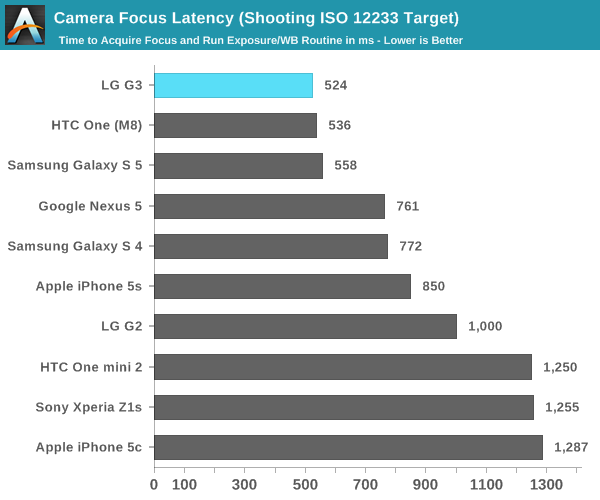
The G3's performance is so much better than the G2, you can grab focus in around half the time now. Compared to the M8 and GS5, the G3 is perhaps a bit quicker. I measured lower minimum focus acquisition time on the G3 than on either flagship, but on average the performance is quite similar to what HTC and Samsung deliver - at least in this test.
Quickly acquiring focus is just one aspect of overall camera latency. How quickly the device can actually capture an image is almost as important. Here we're looking at the time between tapping the shutter button and when the camera UI is responsive again (this is how all devices in this chart, with the exception of the One mini 2, are measured). Another metric that's useful in looking at is how long before the resulting photo is available in the gallery, for the G3 I've included both datapoints. The One mini 2's data corresponds to the latter metric exclusively as the camera UI behaves as if it's immediately responsive after capture but in reality isn't.
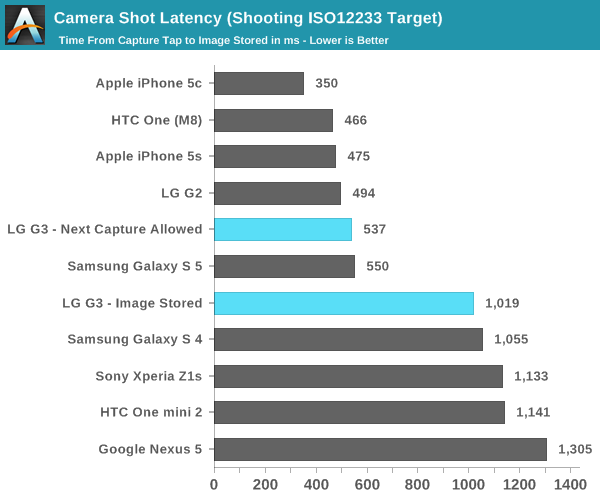
The G3 seems to regress a bit compared to the G2 but overall its peak performance looks decent. If you want immediate access to the captured image you will have to wait about a second, but in reality by the time you tap on the captured image and pull up the gallery you'll exceed this 1019ms latency. Bringing up the gallery is definitely the bottleneck here.
This next chart simply adds the previous two numbers together to provide a look at total camera latency:
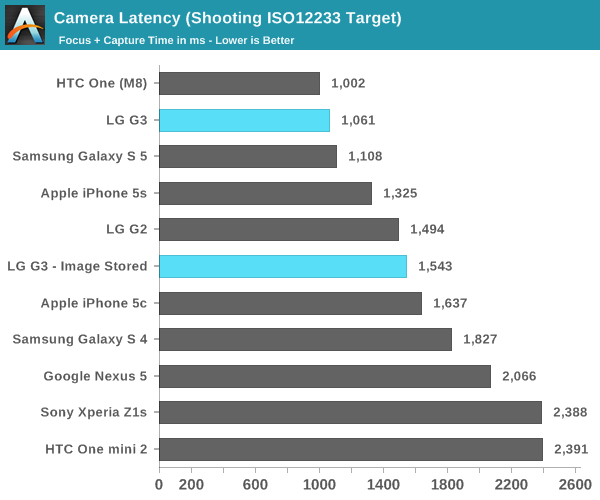
The G3 is quite competitive with the 2014 Android flagships when it comes to overall camera latency. The improvement compared to the G2 is substantial.
Video
The G3 can shoot 4K video at 30 fps and it does so at roughly 30Mbps, up from 20Mbps when shooting 1080p30 video. I included a couple of samples that also engage the device's OIS+:






















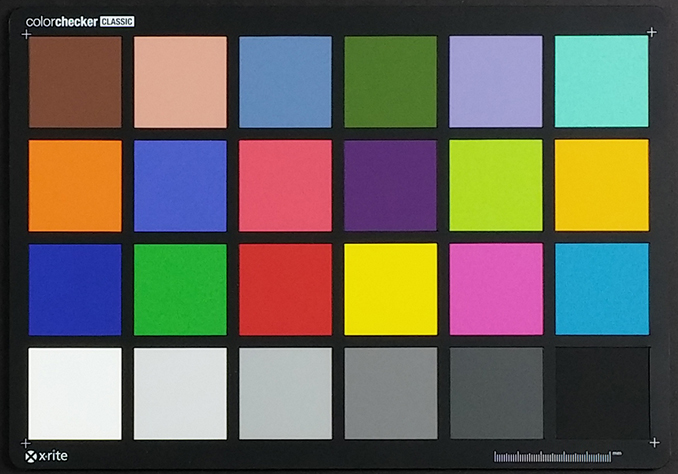






























































174 Comments
View All Comments
piroroadkill - Friday, July 4, 2014 - link
Basically, the screen is stupid, costs more, wastes battery, slows down performance, heats it up so it throttles more, and isn't actually noticeably different compared to 1920×1080 at viewing distance.Yeah, so predictable. LG is doing the worst kind of spec-sheet oneupmanship.
Homeles - Friday, July 4, 2014 - link
I picked up a G2 last year, and was a bit frustrated that the G3 came out so quickly. Looks like I'm not missing out.piroroadkill - Friday, July 4, 2014 - link
Yeah, the G2 is a fine device, and I'd choose the better battery life.mahalie - Friday, July 4, 2014 - link
The G3 has significantly better battery life than the G2. You can complain that the screen is unnecessary all you want, but the phone performs wells and has great battery life, so what's the issue?fokka - Friday, July 4, 2014 - link
the g3 beat the g2 in one test here, what numbers are you referring to?the issue, as i see it, is that the 1440p display adds cost, decreases performance, battery life and screen brightness, not to mention overall screen quality, compared to using a good 1080p display, all while adding very little in regards to usability and visual advantages.
many people, me included, think that LG should have gone with a "good ol'" 1080p display in this generation and improved upon the great battery life that the g2 offered, instead of using a 1440p screen with borderline useful benefits mainly for bragging rights.
of course not everybody agrees with this stance, but it seems to be the one main complaint about this otherwise mighty fine piece of technology.
and you are right, the g3 (still) performs well and (still) has great battery life, but with a more reasonable 1080p display those points could have improved even more. that's all i (!) am saying.
retrospooty - Friday, July 4, 2014 - link
You may be right about the screen. Looks like some trade-offs were made, but it's still a good phone that stacks up well against it's competitors. It's still a good 5.5 inch phone that is basically the same size as an S5 or One M8. That and I cant remember the last time I had any phone on 100% brightness. I have a G2 now and keep it as 66%. In rare cases I move it up to 70%. 75% is simply too bright to look at.flatrock - Tuesday, July 8, 2014 - link
I just checked the brightness on my G2. It's at 41% and is plenty bright for indoor viewing at that level. I might put it up to 75% while using it outdoors such as at my son's soccer game. Unless the sun is shining directly on the screen, 100% is overkill. In a dark rooms I set the brightness somewhere in the teens.ColinByers - Monday, September 29, 2014 - link
Well, LG G3 is definitely one of the better phones on the market, all though there are a few like HTC One M8 and Motorola Moto G that can compete with it (see http://www.consumertop.com/best-phone-guide/ for example).upatnite2 - Friday, July 4, 2014 - link
Same thoughts! I can deal with the battery life, but brightness and contrast are major issues. We're seeing at least a few reviews that mention "dim", which isn't a good sign, and I'm starting to wonder about performance after it heats.If they put in the same display as last year, LG would sell tons more, and myself included.
Now, I have to wait to see if the S805 vsn comes to the states and if it's any better, wait for the N6, or get a used G2..
HotInEER - Monday, July 7, 2014 - link
I agree. 3 things are keeping me from trading in my HTC One M8 for this. The brightness, contrast, and lack of built in wireless charging. I don't want a flip case for that feature. Can't stand them, and sure in the heck are not paying $60 for a stupid case for that. I'd consider buying a additional back for wireless charging, however I've read on numerous sites that the US models do not have the pins.